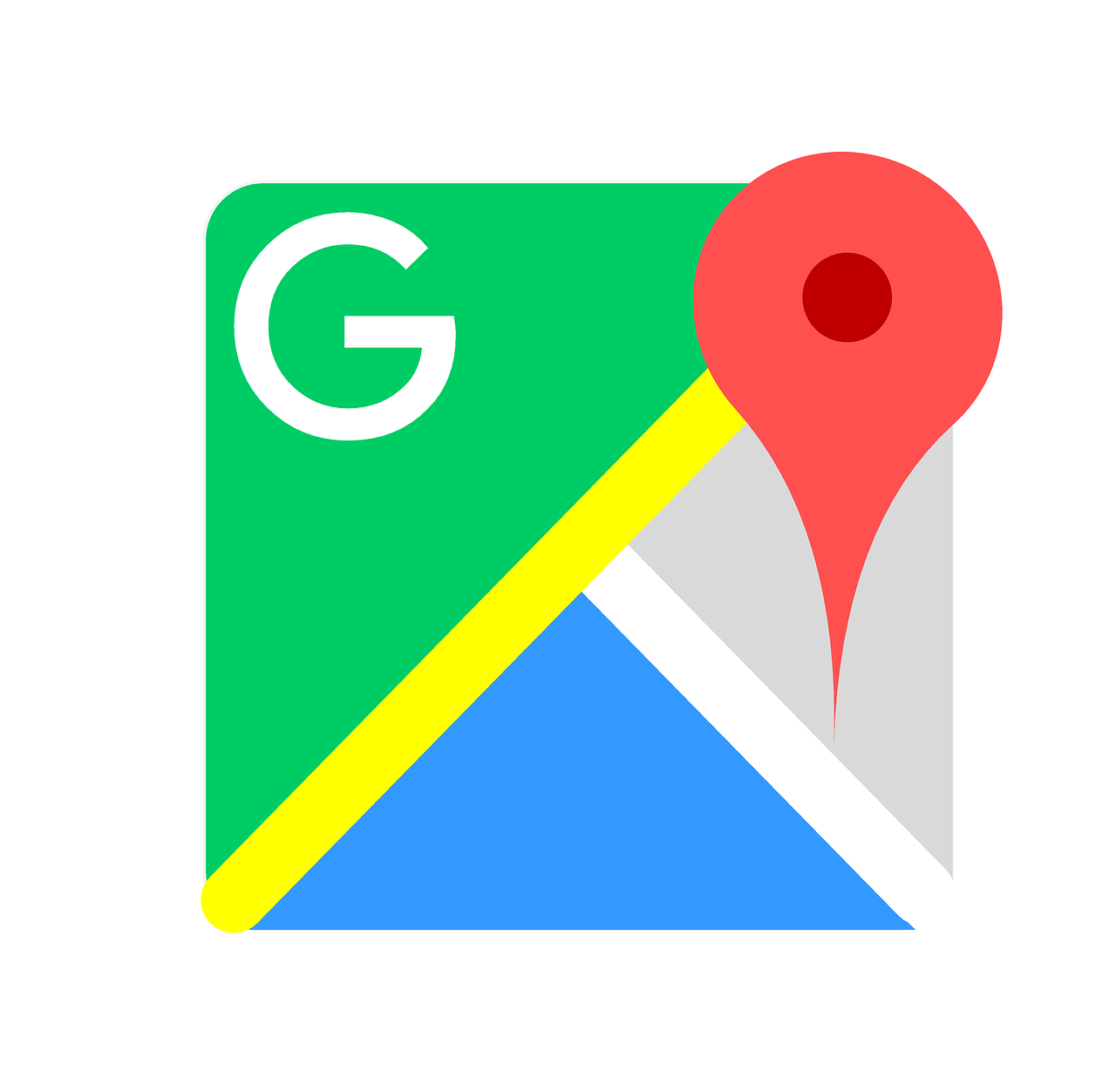How to Start a Digital Marketing Agency From Scratch
Starting a digital marketing agency from scratch is a great opportunity to build a profitable business. As more companies shift their focus online, the demand for digital marketing services continues to rise. Many businesses struggle to navigate areas like SEO, social media management, content creation, and paid advertising, creating a gap that agencies can fill. This guide will take you through each step of starting your agency, from learning the right skills to getting your first clients and scaling your business. Whether you are a freelancer looking to expand or someone completely new to digital marketing, this roadmap will help you build a successful agency from nothing. Understanding the Digital Marketing Landscape Before launching your agency, it’s important to understand the different aspects of digital marketing. This field covers a wide range of services, including: The digital marketing industry evolves quickly, and staying updated on trends like AI-powered marketing, automation tools, and video content is essential. As an agency owner, you will need to constantly adapt and refine your strategies to stay competitive. Developing Essential Skills and Gaining Experience Before you start offering services, you need to ensure you have the right skills. Digital marketing requires technical knowledge, creativity, and problem-solving abilities. While you don’t need to master everything, having a strong foundation in key areas will make it easier to run campaigns and manage a team in the future. Some ways to gain hands-on experience include: Building experience early on will help you deliver better results when you start working with paying clients. Defining Your Niche and Target Market A successful digital marketing agency needs a clear focus. Instead of offering every possible service to every business, it’s better to specialize in a specific niche. This could be a particular industry, such as real estate, healthcare, or e-commerce, or a specific service, like SEO or social media marketing. Choosing a niche helps in multiple ways: To decide on your niche, consider industries you’re familiar with or have experience in. Research potential clients and competitors to see if there’s demand for your services. Creating a Comprehensive Business Plan for Your Digital Marketing Agency A solid business plan gives you direction and ensures you have a clear roadmap. This should cover: Having a structured plan will help you stay focused and make informed decisions as you grow. Establishing Your Brand Identity and Online Presence A strong brand presence is necessary to attract clients and build trust. Your agency needs a professional image that reflects credibility and expertise. Start by choosing a business name that is simple, unique, and easy to remember. Create a logo that looks professional and aligns with your brand’s identity. Build a website that highlights your services, past work, and contact details. Your website should be fast, mobile-friendly, and optimized for search engines. Set up social media profiles on LinkedIn, Twitter, and Instagram to showcase your expertise and engage with potential clients. Share valuable content, case studies, and testimonials to build authority in your niche. Building and Growing Your Digital Marketing Agency Once your foundation is set, the next step is getting clients and scaling your agency. Assembling a Skilled Team As your client base grows, handling everything alone can become difficult. Hiring skilled professionals will help you deliver better results and take on bigger projects. Your team may include: Decide whether to hire full-time employees, work with freelancers, or outsource certain tasks. Many agencies start with a small team and expand as revenue increases. Developing a Service Portfolio and Pricing Model Your pricing should reflect the value of your services while remaining competitive. Some common pricing models include: Clearly define your packages and what each includes to avoid misunderstandings with clients. Marketing and Lead Generation Strategies Getting clients is one of the biggest challenges for a new agency. Some ways to attract leads include: A combination of these methods will help bring in steady business over time. Managing Client Relationships and Delivering Results Happy clients lead to repeat business and referrals. Clear communication is key to ensuring expectations are met. Set clear goals and deliverables at the beginning of each project. Provide regular progress reports and explain results in simple terms. Use analytics to track performance and make improvements where needed. Handling feedback professionally and making necessary adjustments will strengthen client relationships and improve retention. Scaling Your Digital Marketing Agency for Long-Term Success Once your agency is stable, focus on growth. This may involve: Scaling takes time, but steady growth will help your agency stay competitive and profitable. Frequently Asked Questions What qualifications do I need to start a digital marketing agency? No formal degree is required, but skills in SEO, PPC, content marketing, and analytics are essential. Certifications from Google, HubSpot, and Meta can help build credibility. How much capital is needed to start a digital marketing agency? Startup costs can be minimal. A basic setup with a website, marketing tools, and ad spend can cost between $500 and $2,000. Can I start a digital marketing agency alone? Yes, many agencies start as solo operations. Over time, hiring freelancers or employees can help manage workload and grow the business. How do I find my first clients? Use networking, cold outreach, social media marketing, and content creation to attract potential clients. Offering free audits or consultations can also help bring in business. Starting a digital marketing agency takes effort, but with the right skills and strategy, it can become a profitable and rewarding business.










